Almost two years ago, my book about the Republic of New Africa (RNA) came out entitled "How Social Movements Die: Repression and Demobilization of the Republic of New Africa. Who and what is the RNA? Well, I'll get to that later in a blog or two. In the book, I attempted to strike a balance between acknowledging the theoretical insights that guided my reflection about what I had collected versus simply telling the story of the RNA. It was a hard needle to thread. For rigorous social scientists, there were no tests of the claims that were made. Instead, I used a detailed reading/writing of the case to flesh out what I thought was going on and I was doing plenty of testing in another book and series of articles co-authored with Chris Sullivan so I did not feel that I needed to address some of the things that hinder reading rigorous work. There was also the issue of what to do about the case. Were the dynamics I was seeing specific to African Americans and/or the US or were they generalizable? Would someone in/out of political science and sociology feel comfortable arguing about conflict dynamics in another place/time based on a disaggregated group and individual analysis of some black folk? Not clear yet. I'm not optimistic for political science but I hope that I am wrong. Sociology has had less of a problem in this regard.
For those who just wanted the story though, there was this theory stuff to wade through and for some reason skipping some chapters did not seem to feel right for them. In my new series, I will then revisit the story of the RNA from the beginning - diving into the archives that underlie the project as well as simply telling the compelling story of who did what to whom and why. Enjoy.
Give in and we will stop it
On the second day of the Detroit rebellion/riot, the following telegram was sent to the mayor of Detroit along with several other political officials:
Regarding insurrection in Detroit, speaking for Malcolm X Society
We will ask for cessation of all hostilities by insurrectionists
By seven PM today provided following eight points are accepted
1. Withdraw all troops
2. Release all prisoners
3. Give amnesty to all insurrectionists
4. Set up district police commissioners
5. Agree to urban renewal veto by residents
6. Divide city council and school board by districts
7. Provide funds and community owned businesses
8. Institute compensatory and compulsory equal employment enforcement.
Officials did not quite know what to make of this. They did not believe that the mayhem they were seeing on the streets was coordinated enough to stop and they did not believe that any one organization thus could speak for what was taking place.
Essentially what happened though was a point of miscommunication. The Malcolm X Society was not referencing the random looting or fires that was occurring. They were referencing sniping and other forms of militarized collective action such as storming of gun stores. As conceived, they would talk to the individuals that engaged in these activities, if the objectives were met.
The objectives were not met and, while dispatching police agencies to monitor the Society, they were largely dismissed. They would be back though.
Who/what was the Malcolm X Society? Well, they viewed themselves as the "children" of Malcolm X - those who would follow in the fallen leader's direction. They would do what Malcolm would have done had he lived. Not the Malcolm that was misunderstood and mischaracterized by Marable but the Malcolm that inspired tens of thousands to adopt a critical political perspective and mobilize accordingly.
The Malcolm X Society was not the first attempt at organizing undertaken by the individuals associated with it. The people associated with this organization (largely based in Detroit), previously found themselves in the Group on Advanced Leadership (GOAL) which was a much more mainstream organization. GOAL attempted to lead through example, through experimentation, through critical thinking but perceiving that this was not enough and following Malcolm X's assassination, the group formed to push things a little further. The telegram was among the groups first public actions and their timing could not be more important for getting the attention of the powers that be(ish). Things were just getting started though. In the meanwhile, Detroit was burning.
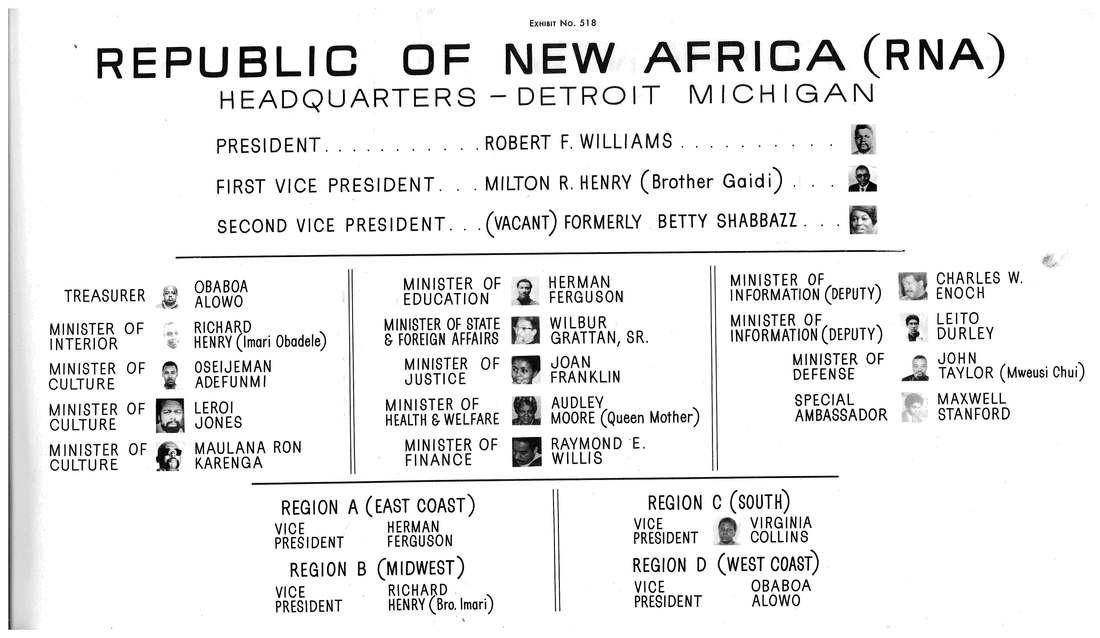
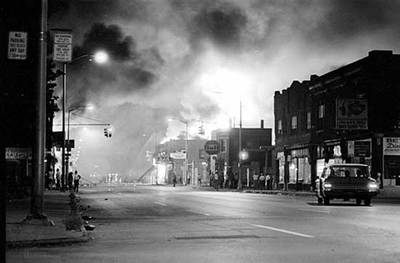

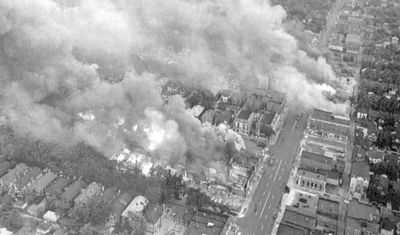
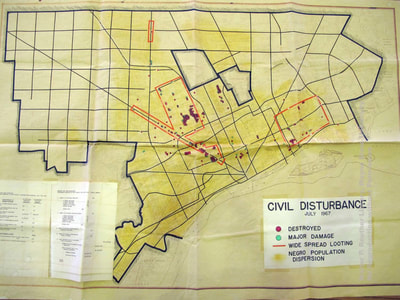
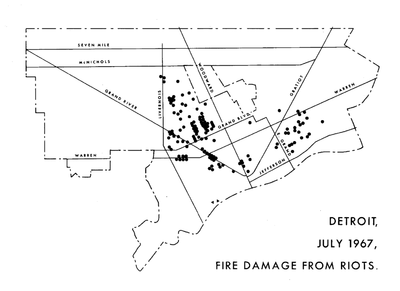
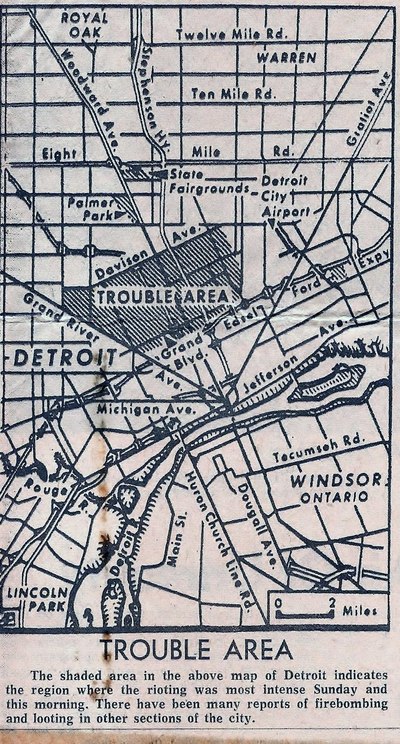
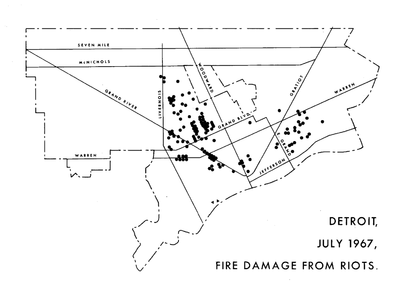
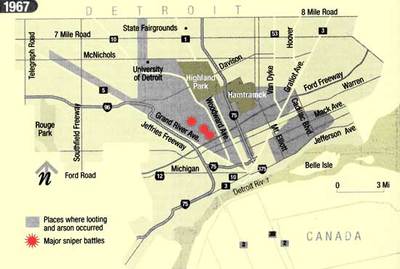

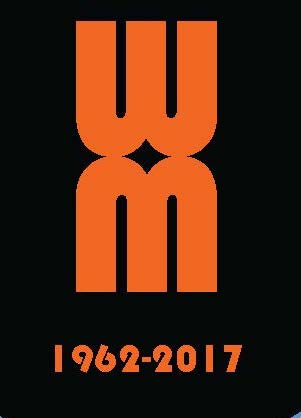

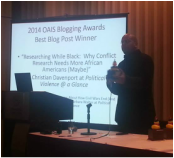
 RSS Feed
RSS Feed
